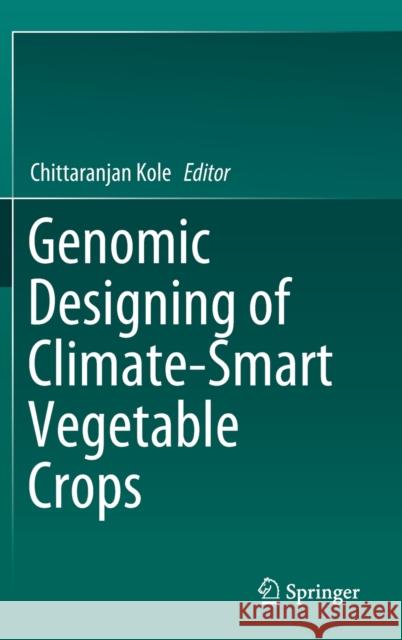Genomic Designing of Climate-Smart Vegetable Crops » książka
topmenu
Genomic Designing of Climate-Smart Vegetable Crops
ISBN-13: 9783319974149 / Angielski / Twarda / 2020 / 383 str.
Kategorie:
Kategorie BISAC:
Wydawca:
Springer
Język:
Angielski
ISBN-13:
9783319974149
Rok wydania:
2020
Wydanie:
2020
Ilość stron:
383
Waga:
0.73 kg
Wymiary:
23.39 x 15.6 x 2.39
Oprawa:
Twarda
Wolumenów:
01
Dodatkowe informacje:
Wydanie ilustrowane











